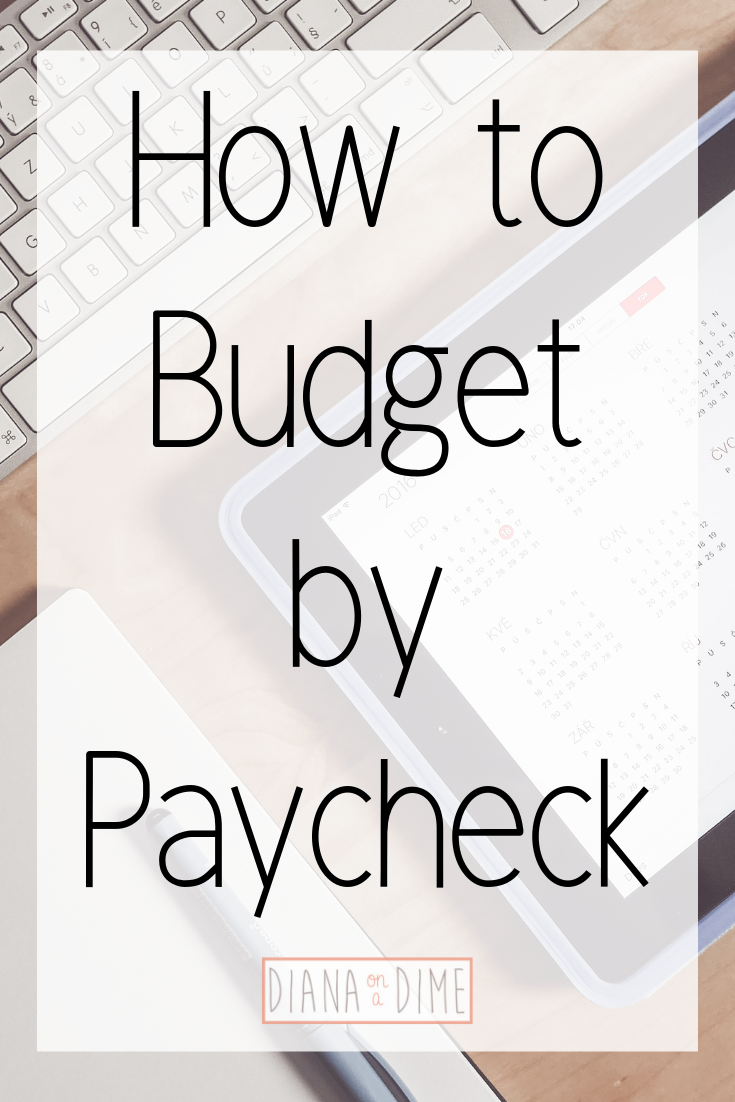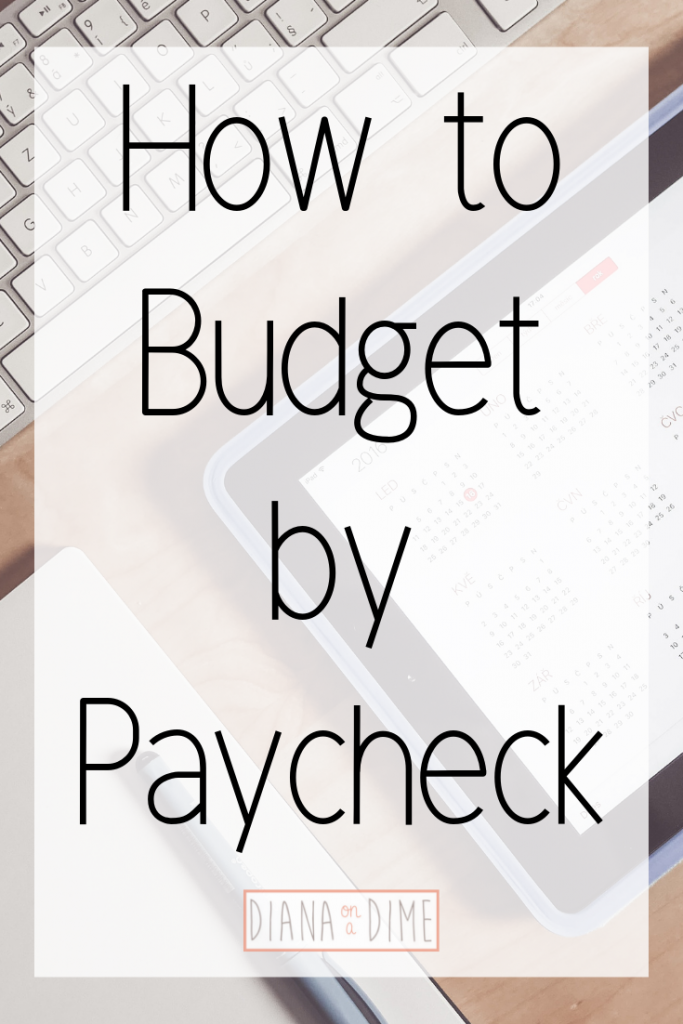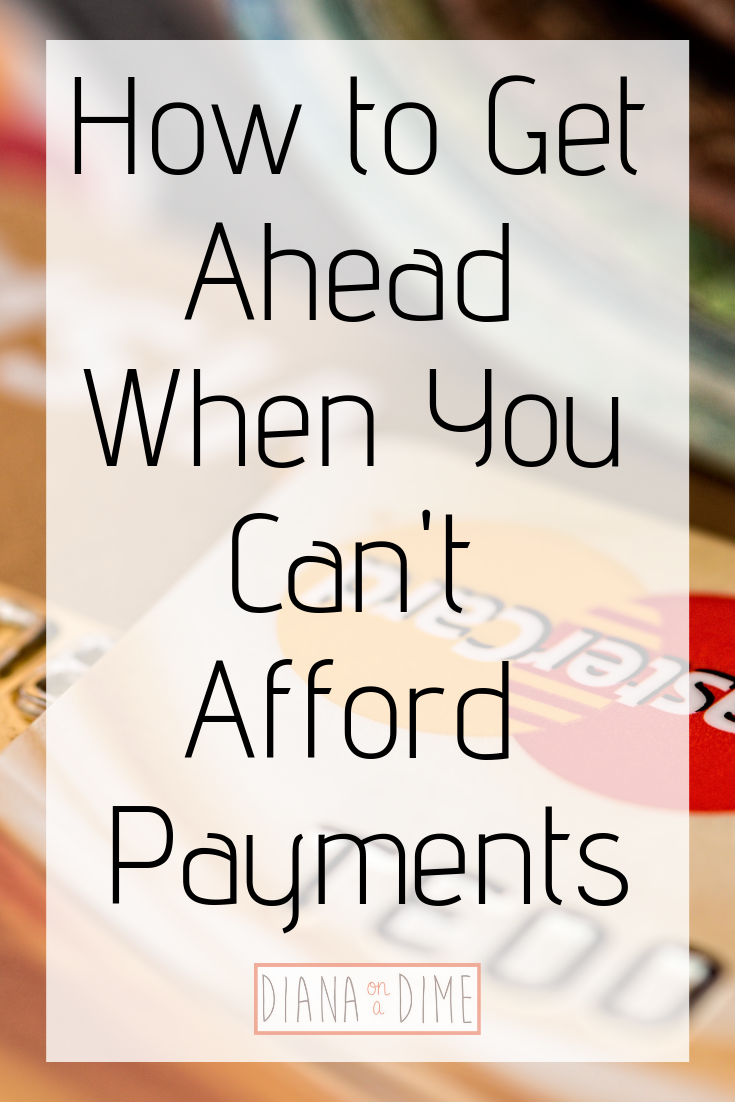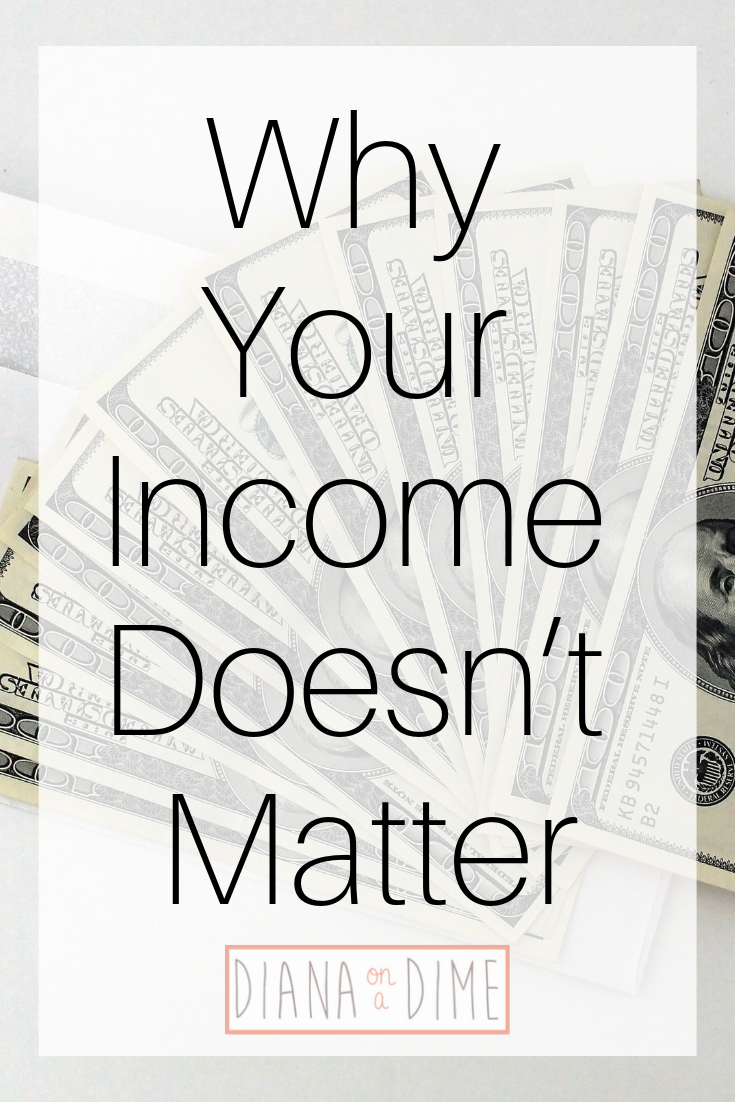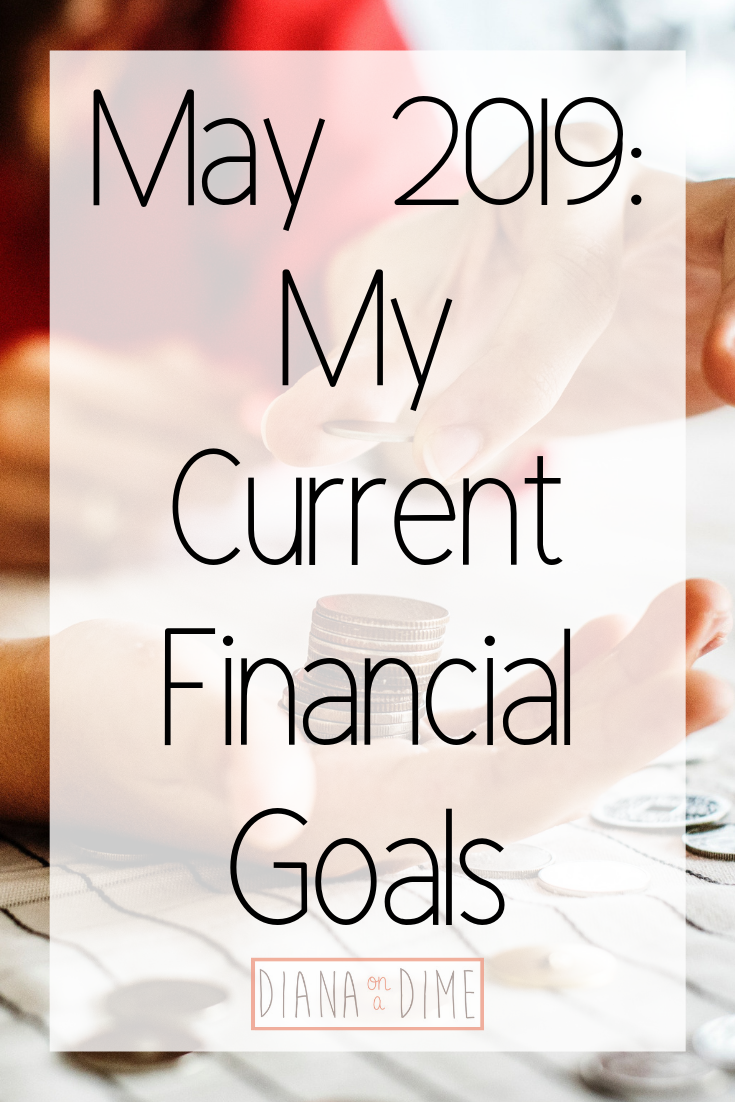How to Budget by Paycheck
This post may contain affiliate links. Check out my Disclosure Policy for more information.
There a ton of ways to budget out there. You need to take the time and figure out what works for you. It’s going to take time, but once you find a system that works for you, you’re going to be so much happier.
For the most part, a budget just needs to track your income and expenses. As long as it does those things, it works! Don’t be afraid to find your own system that works.
I personally use a zero based budget and am working on getting a month ahead. It works for me to use a zero based budget.
The reason this works for me is because it allows me to put a name on every single dollar. Every dollar that comes in, goes out by the end of the month. This has been especially helpful during my debt payoff of $201k. My zero based budget has absolutely been a major part of me paying off $127k in 3 and a half years.
When I first started budgeting, I tried to budget by paycheck. It didn’t ultimately work for me, but I know so many people that it has helped!
This is how I did it. It is great for people that are struggling to start or are having a hard time figuring out an entire month. I think this is a great first step to ultimately getting to a month ahead with budgeting.
1. Map out your pay schedule and how much you’ll get paid in each paycheck.
If you’re on a salary, this is relatively easy. Find out your pay schedule and then how much you’ll make. If you’re on a variable income, this will be a little bit trickier.
Whenever you’re on a variable income, you need to be prepared for lower months. I always recommend people on a variable income to either have a sinking fund for this, or a larger emergency fund. Honestly, I would use a sinking fund.
What this means is that in higher income months, you throw extra money into your sinking fund to be used during lower income months. I do this currently for my summer months. In my current school district, I am paid 10 months of the year. I add to my summer sinking fund every month that I am paid my salary to be used throughout the summer.
2. Make a list of your bills and due dates for a month.
My recommendation is to list out all of your bills and due dates. Even if all of your bills are due at the end of the month, you can still use your first check to pay them. My suggestion would be to evenly spread your monthly bills across your paychecks in a month.
For example, if you get 2 paychecks a month, you can spread all your bills across those two paychecks. You just will pay some bills very early and some bills may be paid just before the due date. It’s just important to pay them a few days before they are due.
3. Make a list of your variable expenses.
This would be anything that varies or can be changed. These are things like gas or groceries. Once you have these expenses listed, you need to figure out how much you’ll need per paycheck.
For example, if you’re paid every 2 weeks, you need to figure out how much gas money you’ll need for 2 weeks. I personally give myself a bit extra for my gas and groceries. The reason I do this is because I’m now at a point where I spend minimally and am naturally frugal.
By having a bit extra in these two funds, it means that I will usually come in under budget. This also means that I’m usually not over budget. When I get paid again, anything extra from that budget gets put towards my financial goals. I replenish my emergency fund and sinking funds, if needed, and then everything goes to debt.
4. Create your budget for 1 paycheck.
Once you have your income figured out and your expenses, you can put it into a budget. I personally use a spreadsheet to track my income and expenses. For me, zero based budgets always work best for me. I would still do this for a paycheck budget.
The reason why I love the zero based budget so much is because by the end of the budget period, all of my money is dealt with. None of my money just sits in my checking account. By the end of the budgeting period, it all has a new job.
This doesn’t mean I spend all of my money, it means it all has a job. This could mean going to savings, or going to paying down debt.
5. Implement your budget and track your expenses.
Just writing out your budget is a great first step, but you need to actually track your expenses throughout the budget period. This means tracking all of your expenses and updating your budget throughout the period.
You can do this daily, or less frequently. If you’re just starting, I recommend doing it daily. This allows you to check in with yourself and see how you are doing with your budget.
When you check in, you can also see if you need to make any adjustments to your spending in your variable expenses. If you’re getting close to your grocery budget, you may need to see how you can stretch what you have for the rest of the budgeting period.
6. Zero out your budget when you get your next paycheck.
WOOO! You made it through your first budget by paycheck, this is so exciting! The game changer will be what you do once that budget is done. Everyone needs to check in on their budget at the end of the budgeting period. Even when you budget for years.
The reason this is so important is because you may have gone over budget, or gone under budget. If you’re over budget, you need to figure out how you’re going to deal with getting that money. If you’re under budget you need to figure out what you’re going to do with that money.
Some people roll over the extra money, some pay off debt, some add it to savings. It all depends on what your current goals are.
Figure out the system that works best for you.
Every person will have a different budgeting system. You need to figure out what works for you. It’s so important to budget in order to reach your goals. Take the time to find a system that helps you to reach your goals. Do you budget by paycheck?

